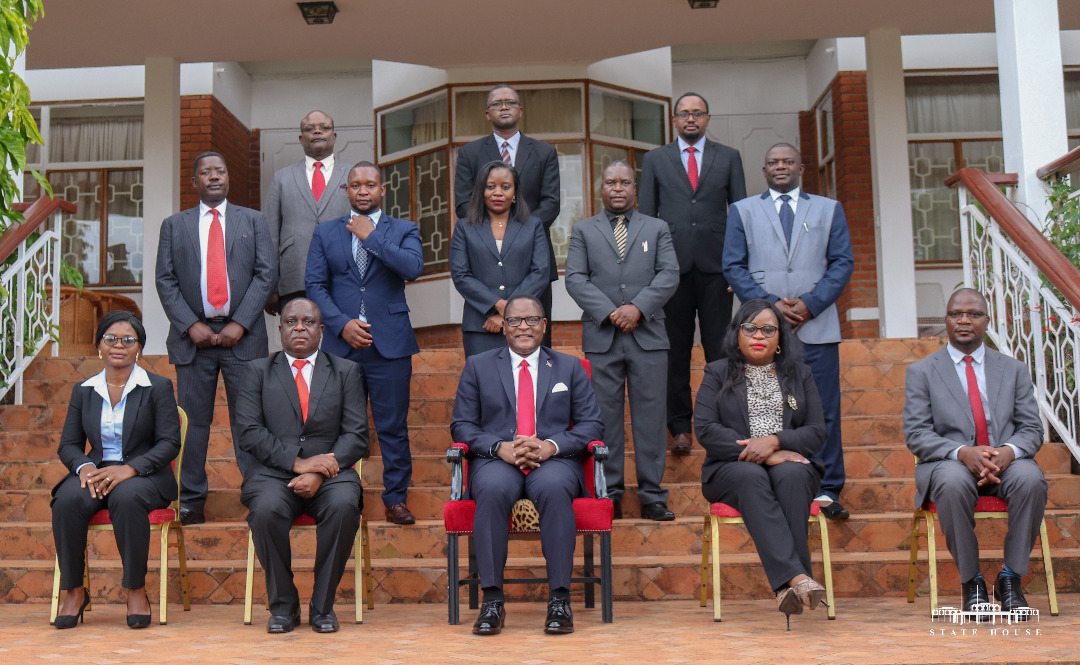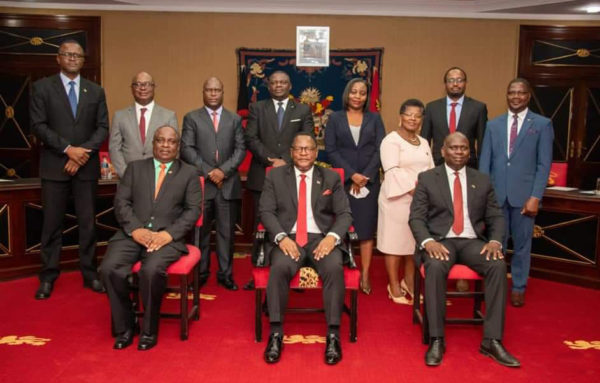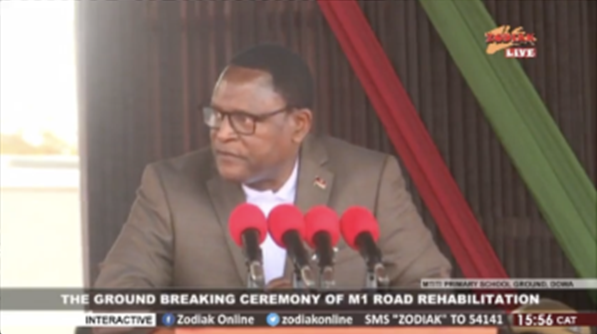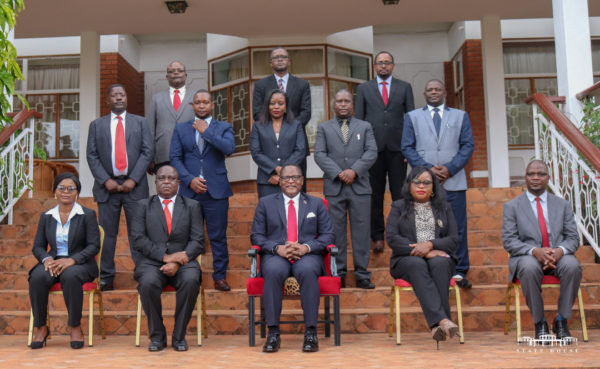Strengthening the Capacity of CSOs to Promote Transparency and Accountability in Public Infrastructure Projects in Malawi

Photo courtesy of the State House Malawi – Office of the President
Project Objectives
The project is designed to enhance the procurement monitoring capability of CSOs in Malawi and will focus on achieving the following specific objectives:
- A sufficient number of CSOs will be trained to monitor public infrastructure procurement at the project level and analyze budget expenditures on public infrastructure procurement at the national and district levels in Malawi. This will include familiarizing trainees on using the Information Platform for Public Infrastructure (IPPI).
- Through cooperation with relevant duty bearers, CSOs will demonstrate their capacities to monitor public infrastructure procurement and analyze budget expenditures in public infrastructure procurement.
- The IPPI is fully operationalized to enable compliance with the FDR regulations in public infrastructure procurement.
- Evidence-based dialogue is promoted between duty bearers and CSOs in order to improve performance in public infrastructure procurement.
Project Activities
The project consists of four activities:
(a) Building capacity of CSOs to advocate for increased transparency, accountability, and integrity and monitor procurement at the national and local levels in Malawi in the water supply and sanitation, transport, and building sectors;
(b) Facilitating CSO involvement in public infrastructure procurement monitoring and advocacy programs by applying the skills they have acquired in capacity building activities;
(c) Establishing a national dialogue between CSOs and duty bearers on budgeting for infrastructure procurement.
Project Team
Donal O'Leary
Project Manager
Wayne Wittig
Adviser, PTF
Andrew Wells
Finance and Administration Officer, PTF
Joe Chingani
Board Chair, CoST Malawi Multi-Stakeholder Group
Lyford Gideon
Country Manager, CoST Malawi
Faith Chimwaza
Programmes Officer, CoST Malawi
Olive Kabatwairwe
Regional Manager, CoST Africa
Jeff Kabondo
Coordinator – Governance Programs, ACIC
Henry Mlinde
Monitoring and Evaluation Specialist, ACIC
About Our Partner
CoST – the Infrastructure Transparency Initiative (CoST) is one of the leading global initiatives improving transparency and accountability in public infrastructure. CoST works with government, private sector and civil society to promote the disclosure, validation and interpretation of data from infrastructure projects. This helps to inform and empower citizens and enables them to hold decision-makers to account. Our experience indicates that Informed citizens and responsive public institutions help drive reforms that reduce mismanagement, inefficiency, corruption and the risks posed to the public from poor quality infrastructure. Malawi joined CoST during the pilot stage in 2008, after the Government of Malawi expressed interest in the principles of the initiative through the Office of the Director of Public Procurement. The CoST approach is focussed on four core features: disclosure, assurance, multi-stakeholder working and social accountability. These features provide a global standard for CoST implementation in enhancing infrastructure transparency and accountability. The disclosure process ensures that information about the purpose, scope, costs and execution of infrastructure projects is open and accessible to the public, and that it is disclosed in a timely manner. Before Malawi joined CoST, infrastructure data was disclosed only at the contract award stage of the project cycle. Since joining CoST, this has developed to cover the entire project cycle.






